We live in a world where one man’s poison is another man’s meat. One person’s needs become an opportunity or business for another to meet that need and establish a business around it. The rise of food delivery apps epitomizes our opportunistic world; as busy lives demand convenience, these platforms turn hunger into profit while providing employment for drivers.
Tourism is one such industry that was born and growing on this fact. Travelers need to find comfort and avoid the headache of planning a trip, booking transport, finding stays, and researching local culture, making tourism a profitable business.
Tourism: Travel, Culture, Memories, And More!
Tourism is traveling for leisure, recreation, or business purposes to destinations outside one’s usual place of residence. It encompasses a wide range of experiences, including visiting historical sites, enjoying natural landscapes, local cuisines, cultural activities, participating in adventure sports, attending events, and more. Tourism contributes to economies (6.1% of global GDP in 2021), job creation (about 3% of the world’s total), and cultural exchange, often fostering understanding and appreciation between cultures and regions. It involves transportation, accommodation, entertainment, and hospitality, working together to provide travelers with enriching and enjoyable experiences.
Post-pandemic Challenges of the Tourism Industry
Prior to the Covid-19 pandemic, Travel & Tourism (including its direct, indirect, and induced impacts) accounted for 1 in 5 new jobs created across the world during 2014-2019 and 10.3% of all jobs (334 million) and 10.4% of global GDP ($10 trillion) in 2019.
The lockdowns and travel restrictions enforced globally upended the travel and tourism industry. According to the latest annual research by the World Travel & Tourism Council (WTTC), in 2022, the Travel & Tourism sector contributed 7.6% to global GDP – a 22% increase from 2021 but still 23% lower than in 2019. Despite a 7.9% annual increase, the number of travel and tourism jobs worldwide remains 11.4% lower in 2022 compared to 2019. Meanwhile, total global travel and tourism spending remained significantly below pre-pandemic levels in 2021. Following a drop to the lowest point in 2020 since 1989, international tourist arrivals worldwide rose in 2021 yet fell far short of the nearly 1.5 billion peaks reported in 2019.
PROBLEMS THAT PLAGUE TOURISM
The tourism industry grapples with challenges like uncertain travel restrictions, waning consumer confidence, and fluctuating policies. Traveler safety, digitalization, and rethinking operational models further compound the hurdles. Amid this landscape, a robust tourism business plan offers a strategic compass.
Tourism Business Plan Templates
A business plan addresses safety concerns, enhances experiences, and embraces digital strategies to cater to cautious travelers. It fosters resilience and adaptability with strategies to capitalize on local markets and identify emerging trends. Amid the evolving dynamics of the post-pandemic tourism landscape, a well-crafted tourism business plan is not just a necessity – it's a lifeline.
Our expert-designed tourism business plan templates offer a strategic roadmap to navigate challenges that have reshaped the industry. These content-ready business plan PPT Slides give the much-needed and comprehensive framework for adapting to the new normal. The 100% customizable nature of these templates empowers tourism companies to rebuild, redefine, and reignite their success.
Without ado, let's explore these tourism business plan templates to strategize the next big move for your tourism company.
1. Investor Business Plan Template For Travel And Tourism Company
This presentation layout is a roadmap to transform your travel and tourism aspirations into a profitable business venture. Packed with strategic brilliance, it unveils a dazzling display of key partners and value propositions that shine brighter than the sunsets you'll witness. Tourism firms, curious explorers, and entrepreneurs can map customer relationships, segments, marketing channels, essential resources, and revenue systems using this PPT Design to convince potential investors and strategic partners. Download it now!
2. Tourism Business Plan PowerPoint Presentation Template
Elevate your trade strategy with our dynamic PPT Layout that will guide you through the intricacies of tourism business planning. This expert-designed framework is a home for an intuitive table that outlines key focus areas, such as connectivity, human resources, product/services, and marketing. Within each domain, it provides a comprehensive roadmap for short-term, mid-term, and long-term tasks, ensuring your business journey toward sustainable success feels like a breeze. Perfect for seasoned professionals and budding entrepreneurs alike, this template empowers users to chart a strategic course, align teams, and present a compelling vision to stakeholders. Get it now!
3. Tourism Business Planning and Strategy Presentation Template
Transform your tourism business vision into reality with our exquisite business planning PPT Layout that offers a neat canvas for painting a compelling narrative of your tourism venture. Designed with finesse, it has a pristine white backdrop to showcase key components and sub-components of your business plan, from visitor segments to revenue streams. Entrepreneurs, executives, and industry enthusiasts can use this presentation template to impress investors, engage stakeholders, and collaborate with partners. Elevate your business discussions with impactful visuals, and set sail towards an exciting and prosperous journey in the world of tourism with this PowerPoint Slide.
Journeys That Enriches Lives and Economies!
From adventure seekers traversing remote landscapes to culture enthusiasts immersing themselves in vibrant traditions and from sun-soaked beachcombers to intrepid explorers of bustling urban centers – the world of tourism is as diverse as the travelers it embraces. While post-pandemic challenges have reshaped how we travel, a well-crafted tourism business plan guides these diverse endeavors. Crafting this blueprint becomes pivotal as companies seek to navigate uncertainty, revive momentum, and thrive. That is where our research-based tourism business plan templates stand ready.
These PPT Designs provide businesses with the tools needed to navigate uncertainty, tap into emerging trends, and create unforgettable experiences for travelers. As your tourism company charts a new course, let these PowerPoint Slides be your steadfast companion, paving the way for resilience, innovation, and growth.
Download these tourism business plan templates to see the future with foresight, strategy, and confidence – ensuring your place in the vibrant tapestry of global tourism.
FAQs on Tourism Business Plan
How do you plan a tourism business?
Planning a tourism business involves a strategic and comprehensive approach to ensure its success.
- Start by conducting thorough market research to understand the target audience, competition, and trends.
- Define your unique value proposition.
- Develop a detailed business plan outlining your goals, strategies, financial projections, and marketing efforts.
- Establish partnerships with local suppliers, accommodation providers, and attractions.
- Build a strong online presence through a user-friendly website and social media.
- Implement effective marketing campaigns and adapt to feedback and market conditions.
How do I start a tourism business from scratch?
Starting a tourism business from scratch requires careful planning and execution. You can follow these steps:
- Begin by identifying your niche within the tourism industry, whether it's adventure travel, cultural tours, or eco-tourism.
- Conduct thorough market research to understand your target audience and competition.
- Create a detailed business plan outlining your business structure, offerings, marketing strategies, and financial projections.
- Secure necessary permits, licenses, and insurance.
- Establish partnerships with local vendors and suppliers.
- Develop a professional online presence.
- Promote your business through effective marketing and networking efforts.
- Assess and adapt your offerings based on customer feedback and market trends.
What are the seven steps in the tourism planning process?
The tourism planning process involves the following seven steps:
- Research and Analysis: Conduct thorough research to understand the destination, target market, and competition. Analyze trends, opportunities, and challenges.
- Market Segmentation and Targeting: Identify and segment your target audience based on demographics, interests, and travel preferences. Tailor your offerings to meet their needs.
- Destination Development: Create appealing and unique tourism products and experiences that showcase the destination's attractions, culture, and heritage.
- Infrastructure and Services: Develop or procure necessary infrastructure such as transportation, accommodation, and amenities to support tourism activities and enhance visitor experience.
- Marketing and Promotion: Use effective marketing strategies to promote your destination or tourism business. Use a mix of online and offline channels to reach your target audience.
- Implementation and Management: Execute your plans, manage operations, and ensure the quality of services. Establish partnerships with stakeholders and monitor the visitor experience.
- Evaluation and Monitoring: Assess the success of your tourism initiatives through data collection, feedback analysis, and performance metrics. Make necessary adjustments to improve and enhance the customer’s engagement with your business, as travel itself is all about experience.


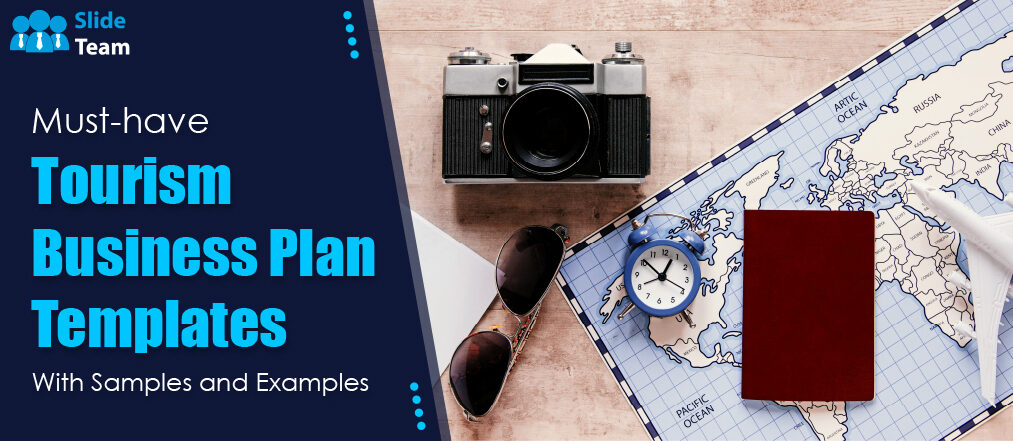
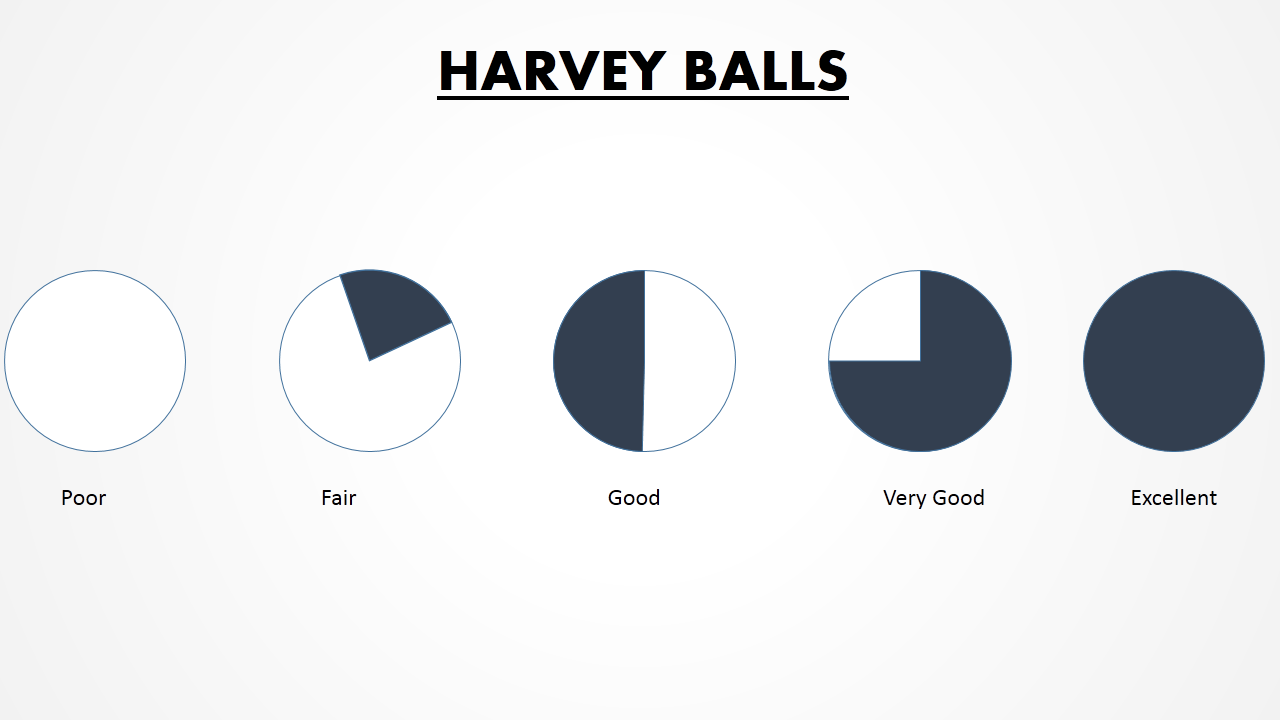

 Customer Reviews
Customer Reviews

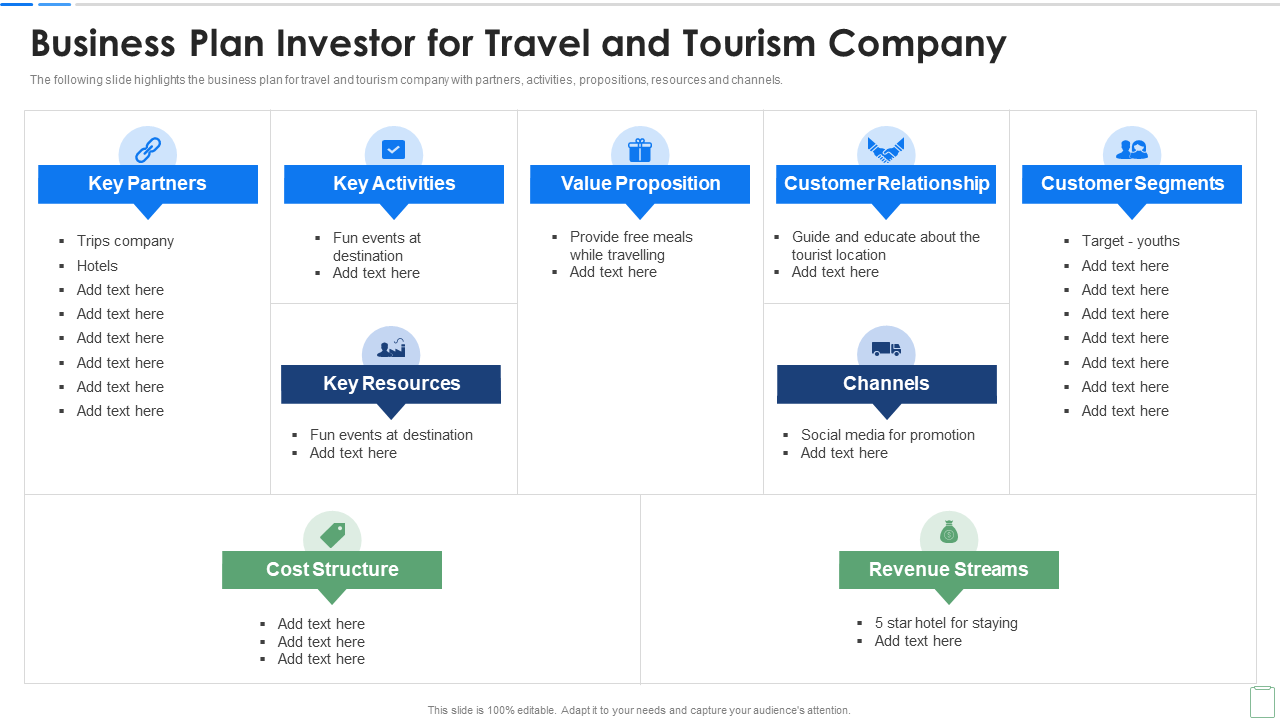
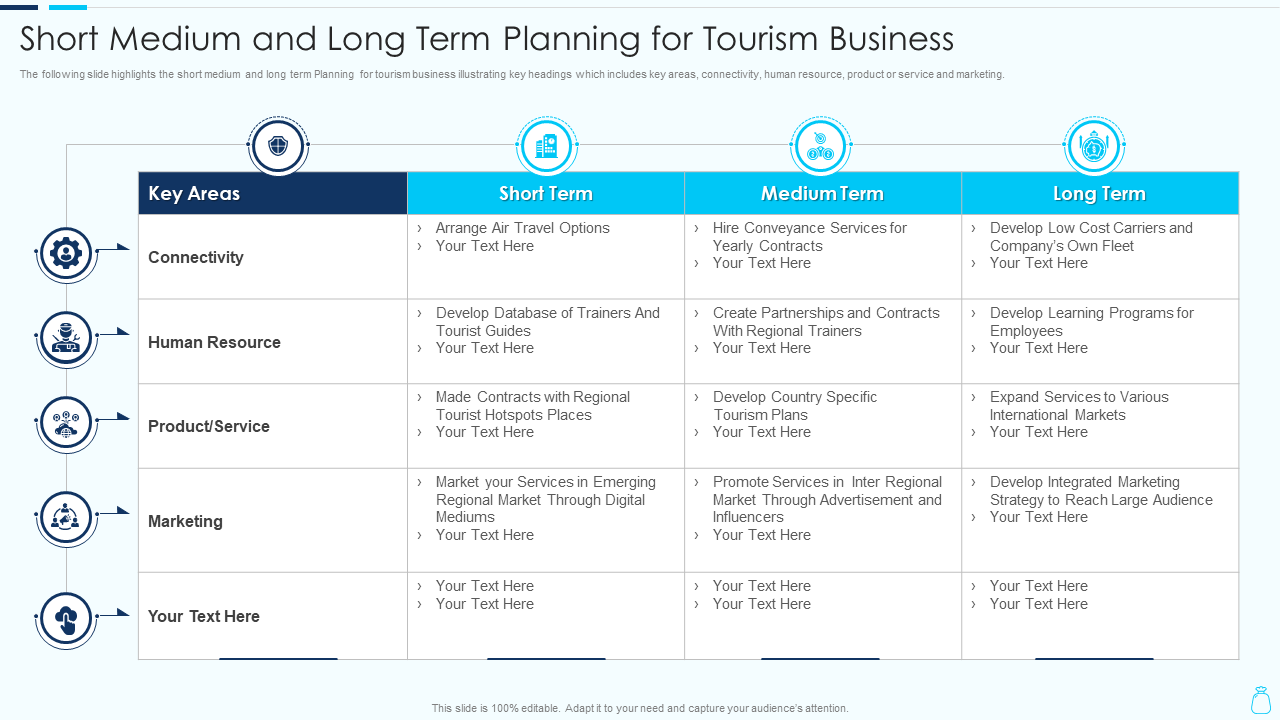
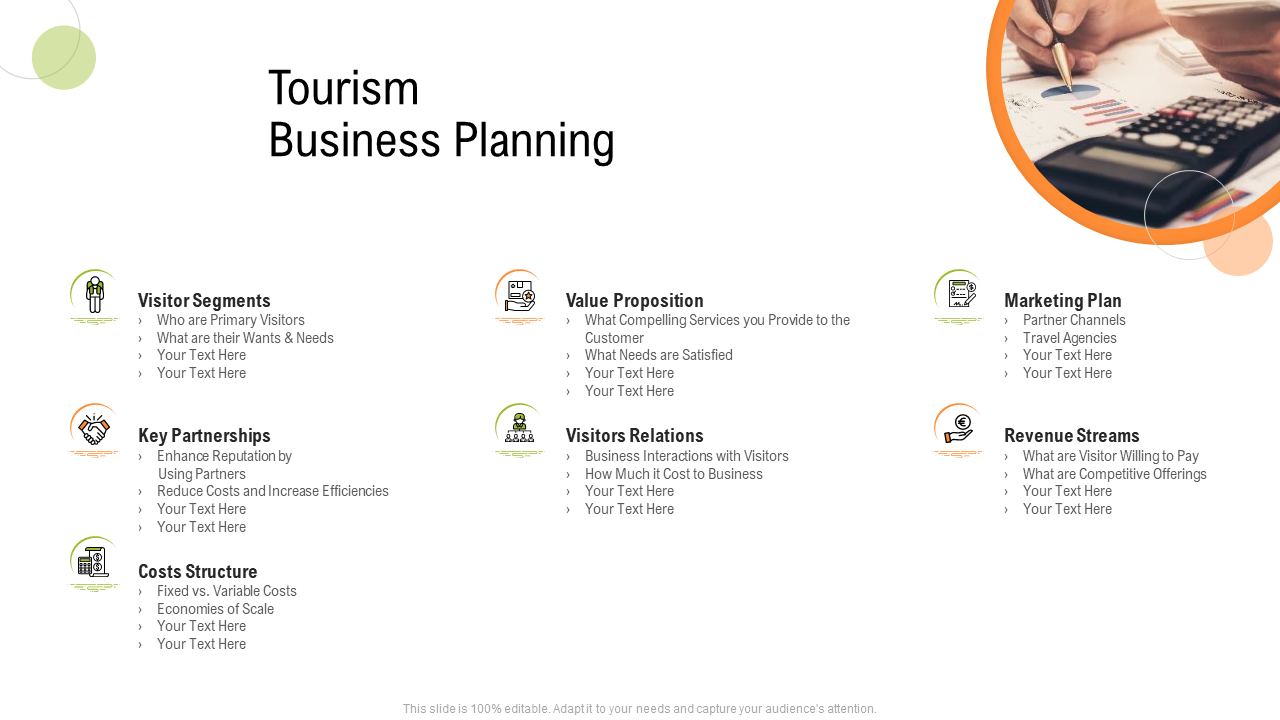



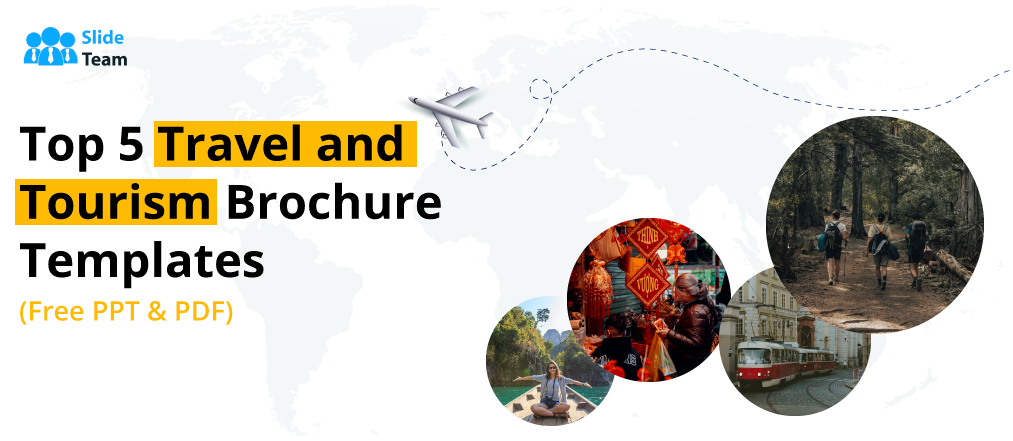
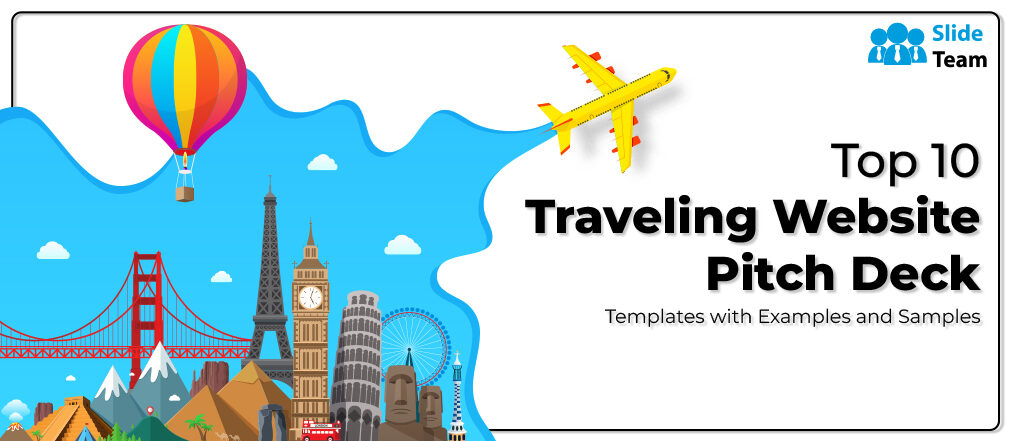
![Top 10 Travel Plan Templates to Achieve Flawless Coordination [Free PDF Attached]](https://www.slideteam.net/wp/wp-content/uploads/2022/05/Top-10-Travel-Plan-Templates_1-1013x441.png)


![[Updated 2023] Top 13 Travel Brochure Templates to Promise Your Clients a Memorable Trip](https://www.slideteam.net/wp/wp-content/uploads/2021/10/with-logo-1-2-1013x441.jpg)













